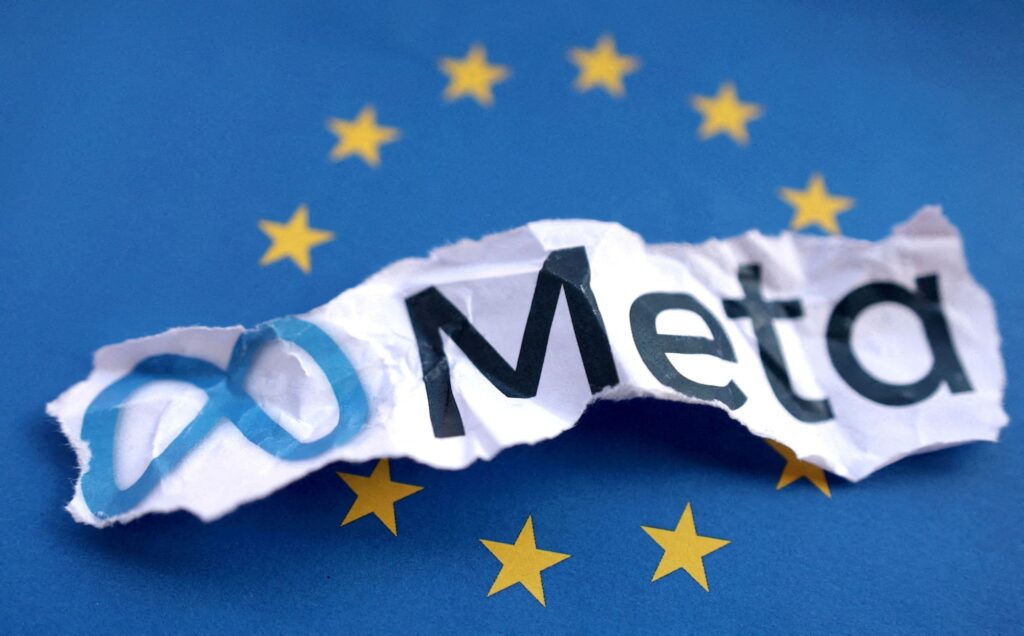The preliminary findings were announced as part of a longer-term investigation into whether the social media giant violated the EU's Digital Markets Act (DMA), the first antitrust law targeting large tech companies in a major economy. If the European Commission upholds its position in its final decision, Meta could face fines of up to 10% of its annual global turnover.
The EU said that Meta's requirement that users who don't want personalized ads pay a fee does not recognise users' right to freely consent to the use of their personal data, and that the company is failing to provide users with an equivalent service using less personal data, as required by the DMA.
In a statement, Meta said it believes its “ad-free subscription” model is DMA compliant.
Get caught up in
Stories to keep you up to date
The company said it “looks forward to further constructive dialogue with the European Commission to conclude this investigation.”
The DMA came into full effect in March and supporters have hailed it as a landmark law to prevent big internet companies from abusing their market power to harm consumers, even as critics warn that over-regulation of the internet sector stifles innovation.
Since then, EU regulators have acted swiftly: In the same month that the DMA came into force, the EU launched investigations into Apple, Meta and Alphabet, giving them one year to complete the investigations.
Meta introduced a “pay or consent” option for advertising in EU markets in November, demonstrating to EU regulators that it complied with DMA requirements to give users control over how their personal data is used. Regulators were not convinced.
The EU recently notified Apple and Microsoft that their business practices violate antitrust laws.

